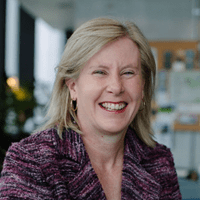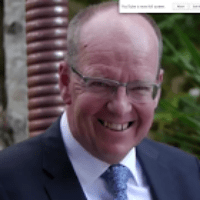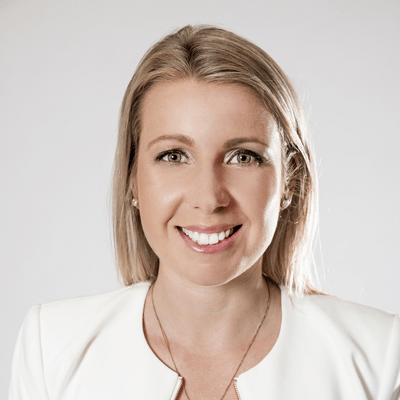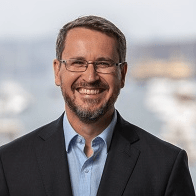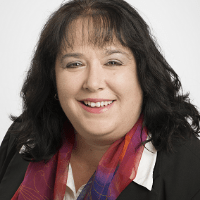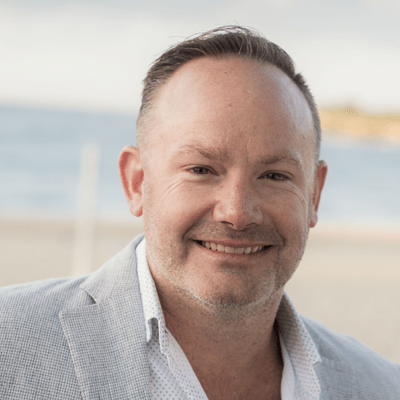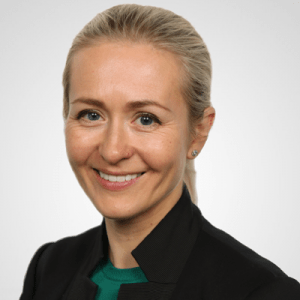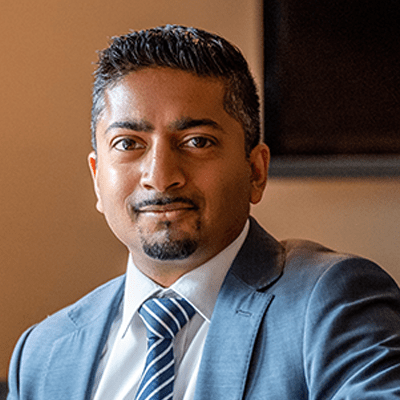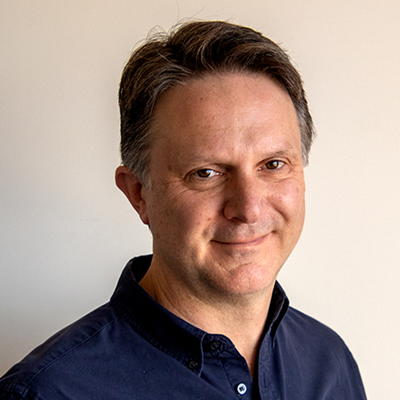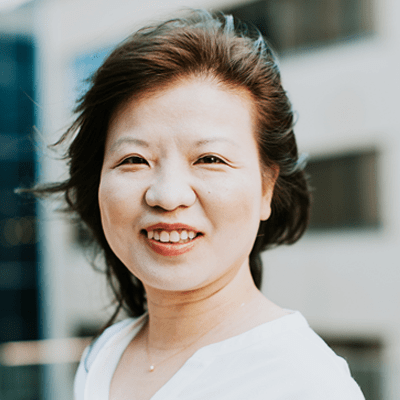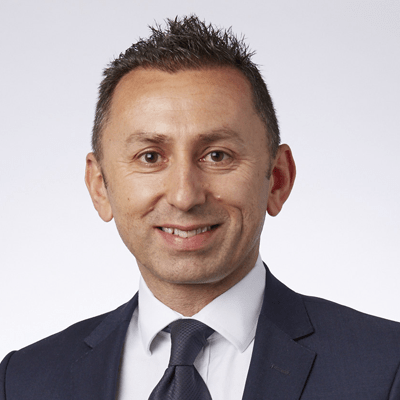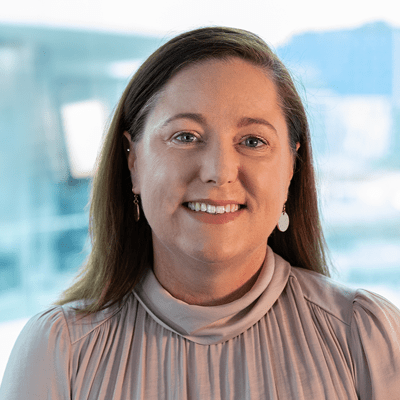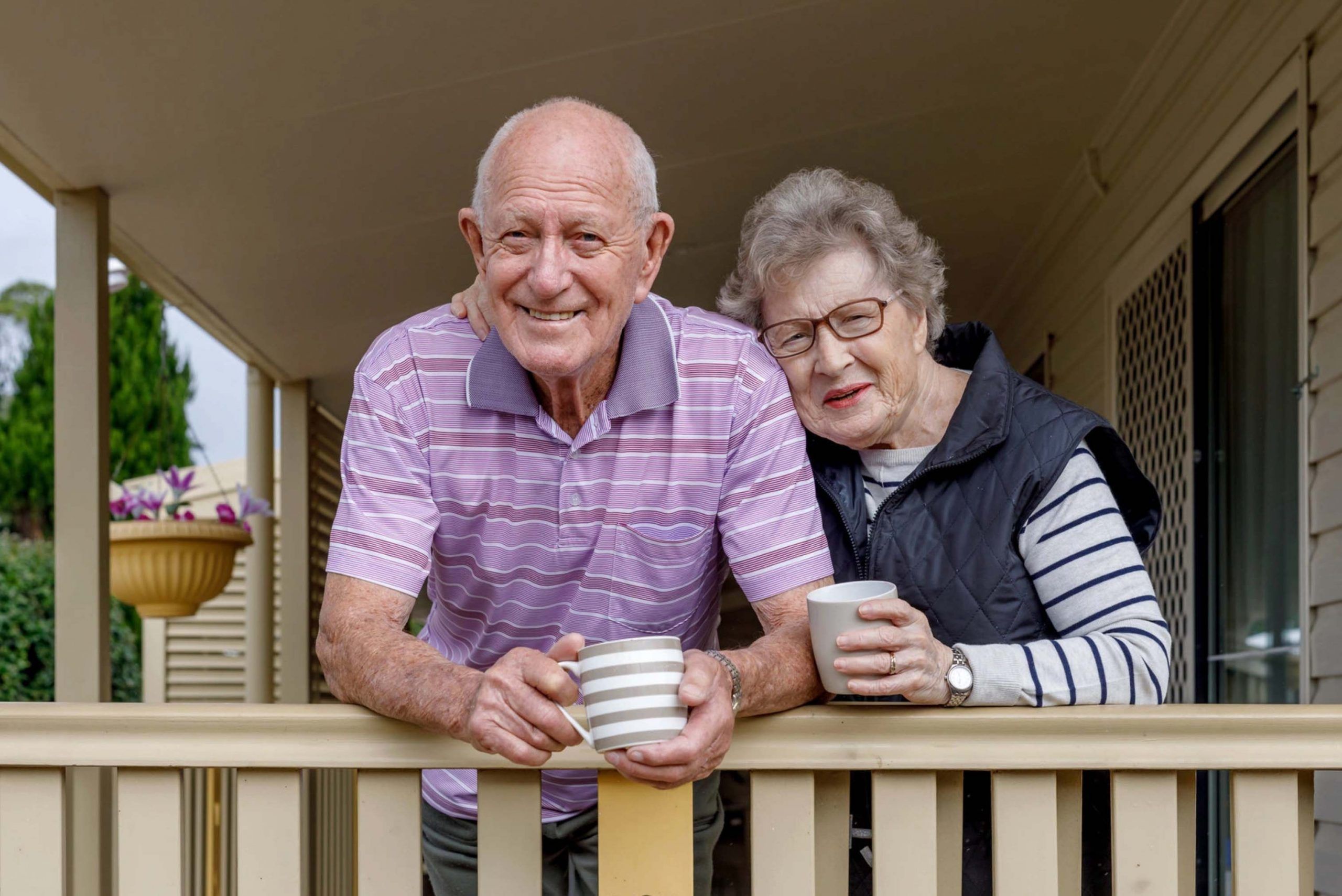
The keys to a happy and contented retirement
The importance of good retirement planning cannot be overestimated. Given advancements in medicine and in many cases healthier lifestyles, people are living longer, which means that whatever wealth or assets they have accumulated throughout their working life will also need to last much longer.
Yet for many people, thinking about retirement does not start until they are almost ready to stop work – or a decision is forced on them that they had not anticipated.
If someone is only thinking about retiring at this stage of their lives, it could be a missed opportunity at best, or catastrophic at worst.
With a little planning and an early start, you can make a big difference to the type of retirement that you will have – whether it be that sea or tree change that many people look for, spending more time with grandchildren or pursuing hobbies.
Imagine if people could spend as much time in retirement as they do working? It really does make sense spending time planning for one’s future.
To begin the process, a few questions need to be asked:
- How do you want to live in retirement?
- How much will your retirement cost?
- How much have I got now and what do I need to do to get there?
- How am I travelling, and will I get there?
Working out the type of retirement that you want is really the foundation that everything else is built upon Thinking about whether you stay in your current home, or whether you would like to move elsewhere and live in a different type of home.
Maybe you would like to travel on an annual basis, either overseas or domestically. You want to lead an active social life and have the opportunity to eat out regularly or would you rather just potter around at home. Knowing that you have the capacity to say upgrade a car or technology, pay for private health care, or help the children or grandchildren financially, can all be important considerations for one’s retirement planning.
As a general rule of thumb, working on the basis of having about two thirds of your pre-retirement income for your income needs in retirement, so that you can continue to live a lifestyle that you have been accustomed to, can be a reasonable approach to take. Although as we know, people are different, and they therefore have different needs.
A useful way to start thinking about what retirement needs you may have and working on some sort of budget to assist, is to consider the information that the Association of Superannuation Funds of Australia’s (ASFA) Retirement Standard puts out, which is updated on a quarterly basis and assumes that your home is owned outright.
ASFA indicates what level of income would be needed to live both a modest and comfortable lifestyle, for singles and couples aged 65 years. A single would need about $28,220 to live a modest lifestyle, whilst a couple would need about $40,719. A comfortable lifestyle for singles would be about $44,183, whilst for couples, it would be about $62,435.
To provide additional perspective here, the full age pension for singles and couples is currently $24,551 and $37,103, respectively.
Of course the reality for many people will be that they would be hoping for a retirement lifestyle that is certainly more comfortable than modest, and in some cases, well exceeding a benchmark of $62,000 per year, particularly if the person’s pre-retirement income was much higher than this.
The next step to consider is what you may have now, say inside and outside of superannuation, and how far away are you from what your retirement income level need is?
Look at what you have already saved both inside and outside superannuation. Consider any debts, loans, or credit cards, and you will have your net savings position. Based on this and your current savings/investment strategy, you can gain an indication as to what the gap is and what you may need to do to close it, getting to your retirement goal.
Again, using the ASFA standards, a single person would need a lump sum of around $545,000 to lead a comfortable lifestyle, which equates to $44,183 per year, whilst couples would need about $640,000 to lead a comfortable lifestyle, which equates to $62,435 per year. This is assuming that your investments are earning about 6% and you may be receiving a part age pension.
It is often said that there can be stages during retirement. Such stages will be different for everyone. One can expect to spend a bit more early on in retirement, as people tend to be more active and are more likely to travel. During the middle stage, your spending may drop off and further health challenges may present themselves, causing you to stay at home more and live more simply. Finally, the later stage depending on one’s health, could potentially involve aged care. So, giving some thought to how one might prepare for this, including financially, should not be underestimated.
Ultimately, I believe that one needs to be a little bit flexible with their retirement goals. If there is a gap between how you are travelling and where you need to get to, then you may need to consider adjusting your goal – delaying your retirement age, or reducing the amount of income needed in retirement.
Alternatively, if you have started planning for retirement earlier, you can make additional contributions into superannuation, taking advantage of both concessional and non-concessional caps.
If you come into a windfall or downsize your house, then these lump sum amounts can be invested wisely to assist with supplementing any future income needs that you may have. At least at this point in time, there is government assistance through the age pension be it in full or partially, however, we do not know for certain whether this will still be available when many of us are ready for retirement, down the track.
Either way, working out how much you need for your retirement and what you can afford will depend on a range of factors, some of which may be outside your control.
So the sooner you start thinking and putting in place some form of plan with the assistance of a financial adviser, the more likely you will be to achieve, or at least get close to your ideal retirement.



